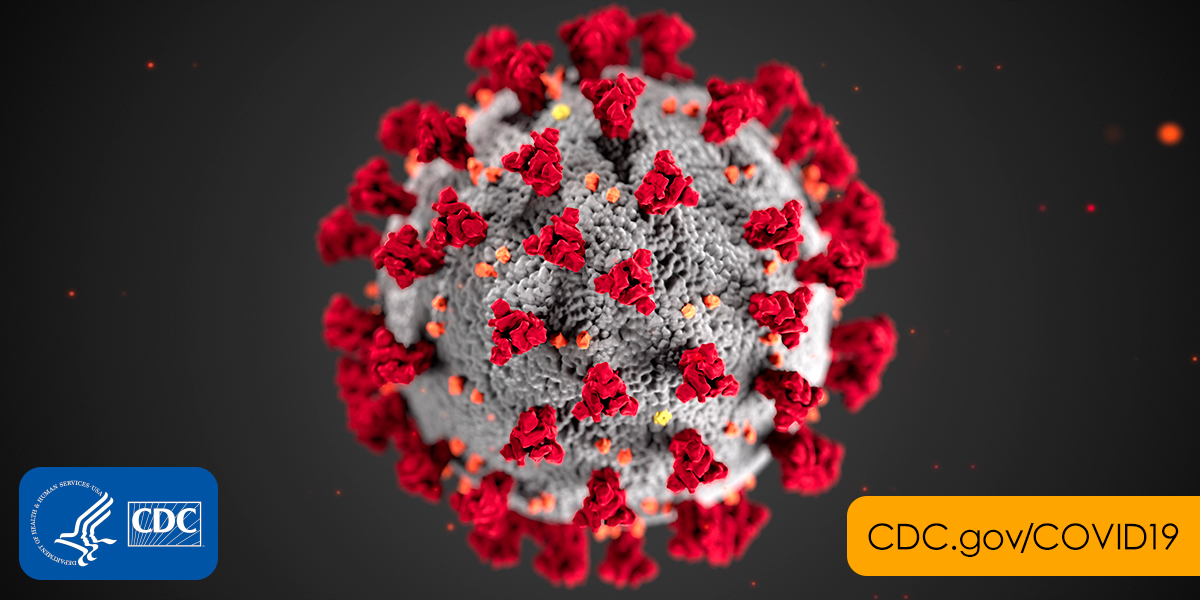
Coronavirus (Covid-19) is a serious disease that primarily affects the lungs and is potentially fatal. The information below is from the U.S. Centers for Disease Control. Click the links for full details. It is intended as a general reference: Consult a medical professional for guidance on specific health concerns.
Symptoms
You may have coronavirus if you experience:
- Fever;
- Cough;
- Shortness of breath.
These symptoms may appear 2-14 days after exposure (based on the incubation period of MERS-CoV viruses). Read more.
How to Protect Yourself & Others
The virus is thought to spread mainly:
- From person-to-person;
- Between people who are in close contact with one another (within about 6 feet);
- Through respiratory droplets produced when an infected person coughs, sneezes or talks.
To prevent transmission, the CDC recommends that you:
- Wash your hands often;
- Avoid close contact;
- Cover your mouth and nose with a cloth face cover when around others; (See next section.)
- Cover coughs & sneezes;
- Clean and disinfect.
Cloth face masks
The CDC recommends wearing cloth face coverings in public settings where other social distancing measures are difficult to maintain (e.g., grocery stores and pharmacies), especially in areas of significant community-based transmission.
Read more here, including instructions for simple sew and no-sew homemade masks.
What to do if you are sick
Most people with COVID-19 have mild illness and are able to recover at home without medical care.
If you are sick, you should:
- Stay home;
- Stay in touch with your doctor;
- Avoid public transportation;
- Stay away from others;
- When to seek medical attention: If you develop emergency warning signs for COVID-19 get medical attention immediately. Emergency warning signs include*:
- Trouble breathing;
- Persistent pain or pressure in the chest;
- New confusion or inability to arouse;
- Bluish lips or face.
*This list is not all inclusive. Please consult your medical provider for any other symptoms that are severe or concerning.





